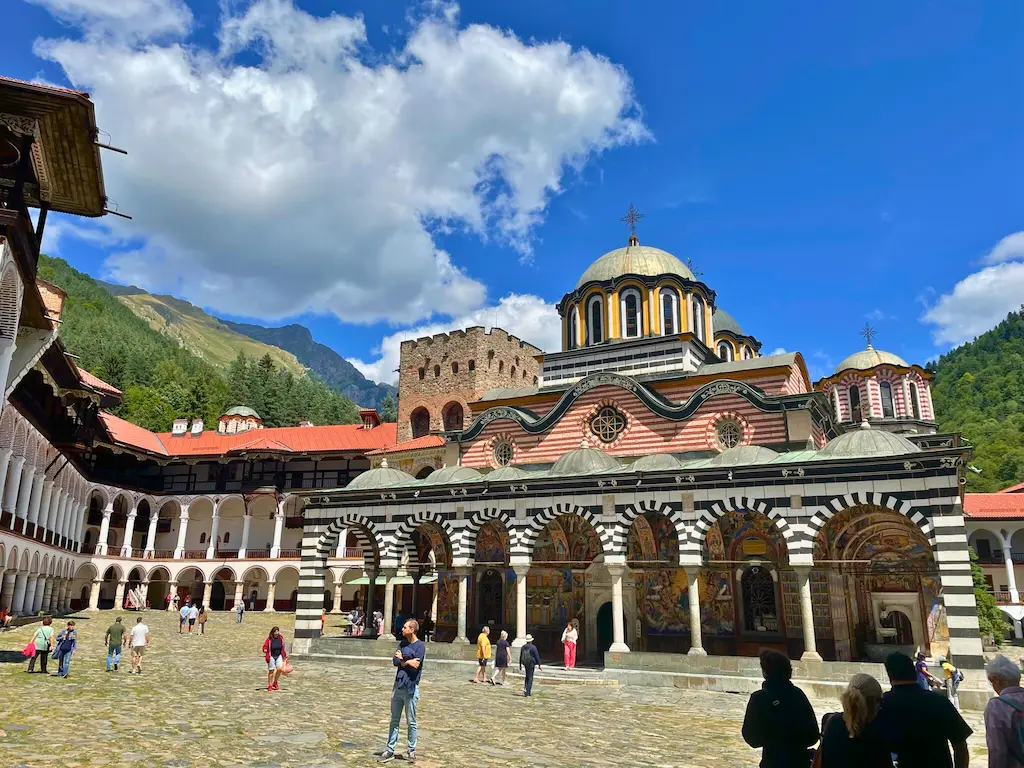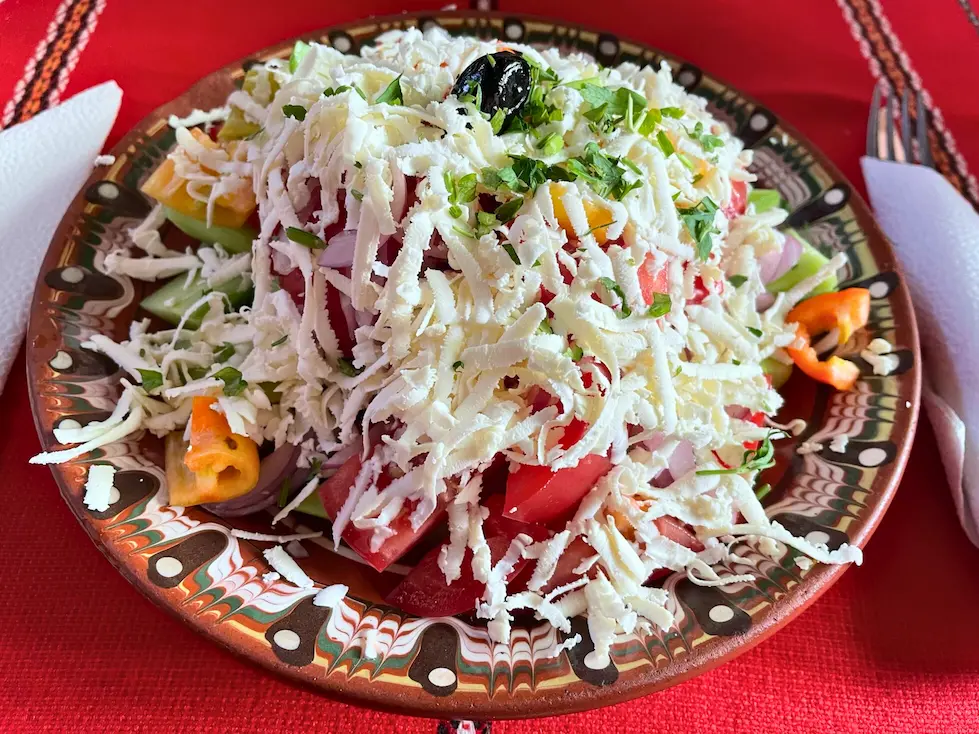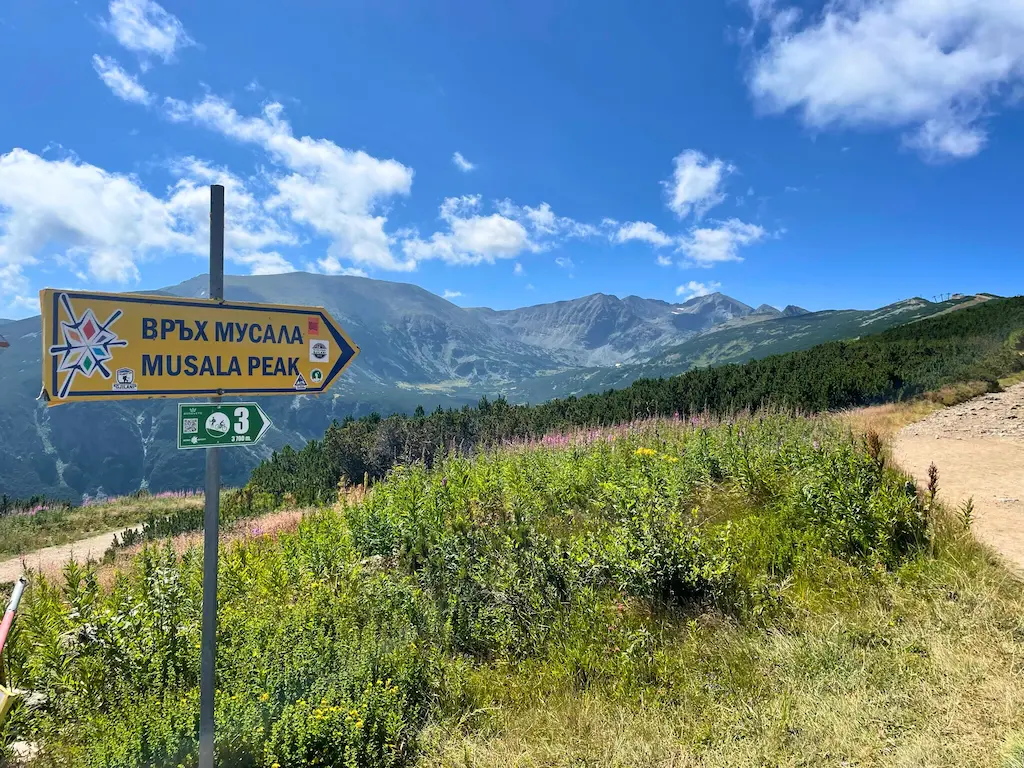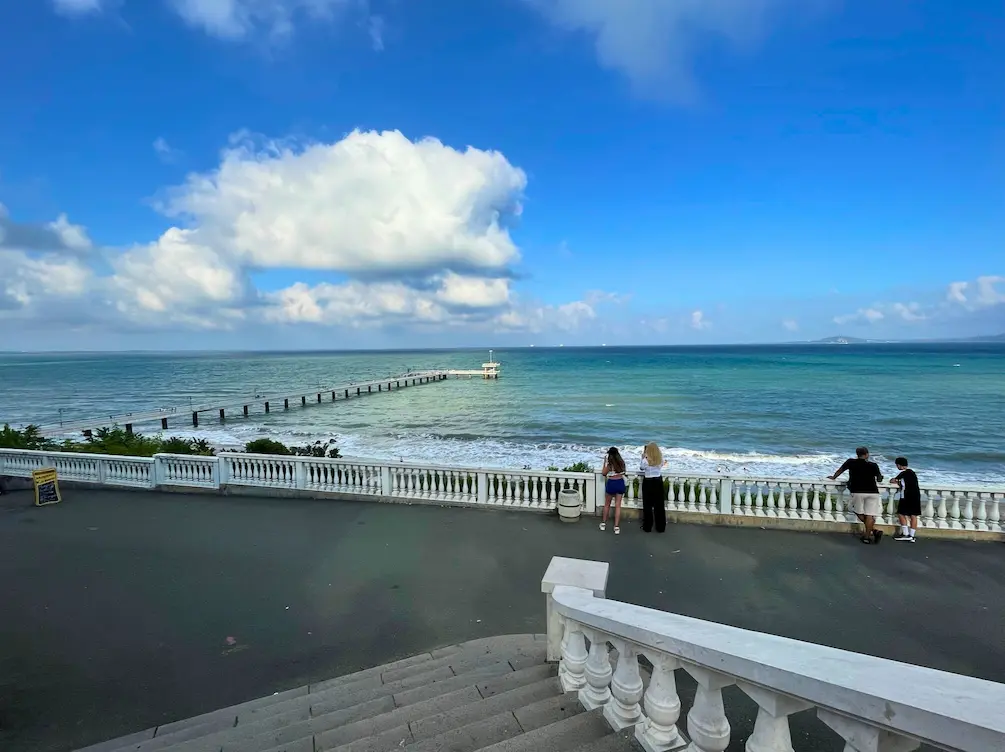Bulgaria is a unique place to visit in Europe. Although Bulgaria is not a big country, it has a lot to offer — from the Balkan’s highest peak to the hundreds of beautiful sand beaches along the Black Sea. It is a country full of ancient history, outstanding cultural heritage and impressive cuisine, that deserves to be on your bucket list.
Bulgaria is an Eastern European country, that might not be on your travel radar just yet. However, it is worth having a look into it if you are interested in a journey through rich history and breathtaking landscapes.
If you are tired of the popular travel destinations, so packed with tourists to the point where it is not possible to enjoy the experience anymore, you must consider Bulgaria for your next adventure.
What You'll Find In This Post:
My top 5 reasons why Bulgaria is worth visiting
1. Rich history
The relatively small Eastern European country might not be as famous as its neighbour Greece, nevertheless it has a very rich history of it own as it is the oldest, still existing country in Europe, founded in 681 AD. Because of the good geographical location, many civilizations have lived on the Balkan peninsula throughout the centuries, all of them influencing and boosting the cultural heritage. Bulgaria ranks third in Europe for the number of valuable archaeological monuments, after Italy and Greece.
The oldest dwellings in Bulgaria date back to 6000 BC and are amongst the oldest human-made structures yet discovered. The oldest gold treasure in the world, dating from 4,600 BC to 4,200 BC, was discovered at an ancient graveyard in Varna near the Black Sea. Nowadays, you can see it in museums in Varna and Sofia, or you might get lucky and see it while it’s on tour around the world. It’s been to places like Japan and New York in the past.
One of the world’s best-preserved ancient Roman theatres, where you can still see performances today, is located in the city centre of modern Plovdiv, Bulgaria’s second-largest and Europe’s oldest continuously inhabited city. Throughout time, Thracians, Romans, Byzantines, Ottomans and Bulgarians have all left their mark on the city’s architecture and heritage. The city now has more than 200 archaeological sites, numerous museums and cultural institutions.
Besides Plovdiv, there are many well-preserved Roman towns around the country – such as Sozopol, Nessebar and Hisarya.
There are more than 200 monasteries in Bulgaria. The most famous one is Rila Monastery, which is also a UNESCO World Heritage Site.

2. Outstanding cuisine
Because of its geographical location and history, Bulgarian cuisine is unique and versatile. Although Bulgaria is not a Mediterranean country, the local cuisine is very similar with lots of fresh fruits, veggies and fish, as well as many varieties of wine. What is different, though, is the significant Middle Eastern influence. Bulgaria has a history of foreign rule which shaped the cuisine and nowadays, it shares a few dishes with Turks, Greeks and Persians.
When you think of Balkan food, the first that comes to mind, will probably be grilled meat. While this is the favourite way to prepare meat around there, and it is undoubtedly delicious, there is so much more to Balkan dishes apart from kebabche (grilled minced meat with spices). Because of its good climate, Bulgaria grows a wide variety of vegetables, fruits and herbs. Peppers, aubergines, tomatoes and cabbage are typical ingredients, often used for spreads, stews and as stuffed vegetables.
At the coastal towns, there are many restaurants serving a range of fresh fish caught on the same day.
Bulgarians are also immensely proud of their yoghurt, which has been proven to be one of the healthiest of all yoghurts, partly because of its high amount of probiotics (it has up to 90bn CFU (colony forming units) compared to 25-30bn CFU in Greek yoghurt!). It is thick and creamy in nature and has an exquisite taste with just the perfect balance between being mild and tart.
Learn more about authentic Bulgarian cuisine by checking out our comprehensive guide here.

3. Versatile nature
Despite its size, Bulgaria is very diverse in terms of nature. Along the Black Sea coast you will find countless different beaches – from kilometres long sand beaches to small hidden ones in the rocks. Besides sunbathing and swimming, you could go diving or windsurfing.
Not that far from the coast, Bulgaria boasts a lot of mountains – the Balkan mountain range, the two distinct alpine type ranges Rila and Pirin and various medium altitude mountains. Musala, at 2,925 metres (9,596 ft), is the highest point in both Bulgaria and the Balkans. Hiking to Musala is very popular, but there are numerous trails, waterfalls, gorges, rock arches and ruins that are also breathtaking.
Bulgaria is one of the most biodiverse countries in Europe. Currently, 41% of Bulgaria’s terrestrial territory is designated as a protected area, which is significantly above the EU average of 26%.1

4. Affordable destination
Although prices in Bulgaria have risen immensely in the last 2 years, just like in the rest of Europe – it still is quite an affordable travel destination. Eating out is about 30% less expensive than in Western Europe, and going out for a drink is even cheaper. Accommodations are also very reasonably priced, unless you want to stay in a 5-star beach front all-inclusive hotel. Prices for car rentals, taxis or transportation in general are fair.
5. Not too popular
I don’t want to say that Bulgaria is a hidden gem, but it is definitely an understated destination, that is less known amongst foreign travellers. Tourism is a highly valued and well-developed branch in the country’s economy, so many of the places you might want to visit are well-kept and tourist friendly. You can use this to your advantage, because while there is an infrastructure for tourists, you won’t find yourself in a big touristy crowd at any of the famous sights, unlike in most other European countries.

How to get to Bulgaria?
Bulgaria’s capital, Sofia, is very well-connected by plane with major cities in Europe all year round. In the summer months, there are also multiple charter flights to the two big coastal cities – Varna and Burgas. The proximity to Istanbul, Turkey, offers an alternative if you visit from across the globe, since they have many intercontinental flights.
How to get around in Bulgaria?
The best and most convenient way to explore Bulgaria is by renting a car for the duration of your visit. Most of the places outside the cities, that are worth visiting, are not well-connected by urban transport. To some of them, there are organized tour visits by bus. However, if you like to travel on your own terms and stay flexible, you are much better off with a rental car.
Hopefully I was able to convince you to give Bulgaria a go. It is a destination you can visit almost all year round, with friendly people and stunning nature! See you soon in Bulgaria!
Recent Posts
The Ultimate 5-Day Lapland Itinerary: Your Complete Arctic Adventure Guide
Ultimate 5-day Lapland itinerary: husky rides, frozen waterfalls, Northern Lights & Finnish sauna. Complete guide with accommodation tips.
Do You Need a Car in Lapland? Complete Rental Guide for Winter Travel
Wondering if you need a rental car in Lapland? Short answer: yes, if you want freedom beyond organized tours. Discover what it costs, how to choose the right vehicle, and essential winter driving...
